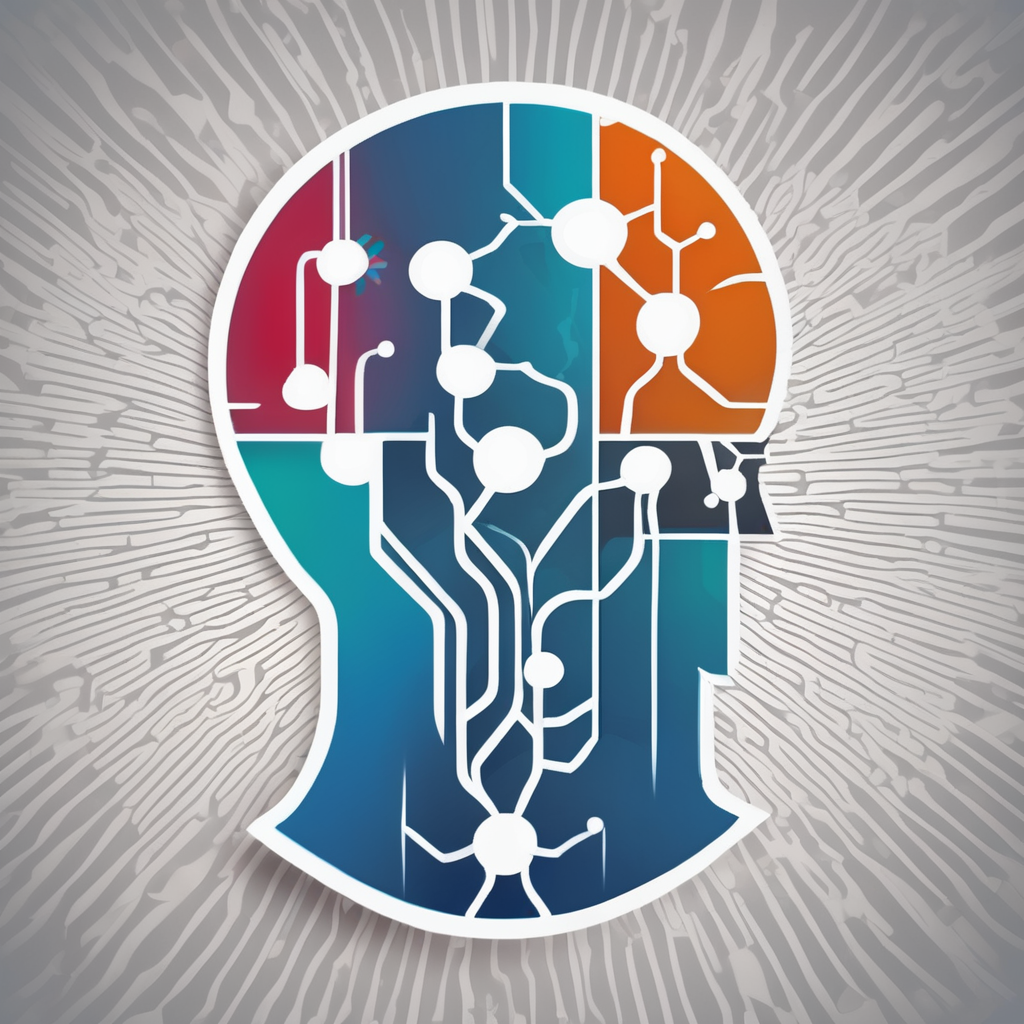The Impact of Hydration on Mental Performance in Long-Distance Running: Unveiling the Connection
When it comes to long-distance running, many factors contribute to an athlete’s performance, but one often overlooked yet crucial aspect is hydration. Hydration is not just about physical health; it has a significant impact on mental performance, affecting everything from focus and motivation to overall cognitive function. In this article, we will delve into the connection between hydration and mental performance, exploring the scientific basis, practical implications, and expert advice.
Understanding the Science Behind Hydration and Mental Performance
Hydration is essential for maintaining optimal physical and mental health, particularly during intense physical activities like long-distance running. Here’s why:
Also to read : Find local pick up soccer games in new york city today
The Role of Electrolytes and Fluid Balance
Dr. Kate Kresge, a licensed naturopathic doctor, emphasizes the importance of electrolyte balance alongside fluid intake. “A reliance on plain water over electrolyte-rich fluids can lead to cognitive fatigue and diminished physical performance,” she notes[1].
Electrolytes, such as sodium, potassium, and magnesium, play a critical role in maintaining proper fluid balance in the body. During long-distance running, athletes lose significant amounts of these electrolytes through sweat, which can lead to dehydration and electrolyte imbalances if not properly replenished.
Also read : Exploring the Impact of High-Intensity Training on Cardiovascular Health in Middle-Aged Athletes
| Electrolyte | Function | Impact on Mental Performance |
|---|---|---|
| Sodium | Regulates fluid balance and nerve function | Depletion can lead to cognitive fatigue and decreased focus |
| Potassium | Essential for muscle and nerve function | Imbalance can cause confusion and decreased mental clarity |
| Magnesium | Involved in neuronal function and synaptic transmission | Deficiency can result in decreased cognitive performance and mood disturbances |
The Frontal Lobe and Cognitive Functions
The frontal lobe of the brain governs cognitive functions such as sustained focus, planning, and goal-oriented behaviors. Adequate blood flow, hydration, and targeted nutrient intake are crucial for the optimal functioning of this region. Dr. Kresge explains that even small adjustments to dietary intake of nutrients like vitamin B6 and tyrosine, which are precursors to dopamine and adrenaline, can yield significant improvements in motivation, concentration, and endurance[1].
The Effects of Dehydration on Mental Performance
Dehydration, even at mild levels, can have profound effects on mental performance.
Cognitive Impairment
Studies have shown that dehydration can impair cognitive performance, including attention, memory, and decision-making skills. A study published on ResearchGate highlights that dehydration levels of 2% or more of body mass can significantly impair performance during prolonged exercise[3].
Mood and Motivation
Dehydration can also affect mood and motivation. Athletes who are dehydrated often report feelings of fatigue, irritability, and decreased motivation. Dr. Kresge notes that athletes sometimes attribute these symptoms to mental weakness rather than recognizing them as signs of dehydration. She advises, “If you’re feeling low on willpower or low on mood, you should look at your body and your brain first. We get some electrolytes and some protein in those people, and they pop back up a week and they’re ready to go again”[1].
Practical Strategies for Hydration During Long-Distance Running
Here are some actionable steps to ensure proper hydration during long-distance running:
Pre-Run Hydration
- Assess Your Hydration Status: Check the color of your urine; it should be pale yellow or clear. Dark yellow or amber-colored urine indicates dehydration.
- Hydrate with Electrolyte-Rich Fluids: Use sports drinks or homemade electrolyte solutions to ensure you are replenishing lost electrolytes.
During the Run
- Hydrate Regularly: Aim to drink water or an electrolyte-rich fluid every 15-20 minutes.
- Monitor Your Body: Pay attention to signs of dehydration such as headaches, dizziness, or muscle cramps.
Post-Run Hydration
- Replenish Electrolytes: Use a sports drink or consume foods rich in electrolytes like bananas (potassium) and avocados (potassium and magnesium).
- Monitor Urine Output: Ensure your urine output is normal and the color is pale yellow or clear.
Using Technology to Optimize Hydration and Performance
Continuous Glucose Monitors (CGMs) and other tracking devices can provide valuable insights into how hydration affects blood sugar levels and overall performance.
Benefits of Using CGMs
- Real-Time Glucose Monitoring: CGMs help athletes understand how their blood sugar levels fluctuate during training and competition.
- Optimizing Nutrition: By tracking glucose levels, athletes can fine-tune their nutrition strategies to enhance performance and avoid hypoglycemic episodes.
- Identifying Patterns: Athletes can identify how different foods, hydration levels, and exercise intensities affect their glucose levels, allowing for personalized dietary adjustments[2].
Expert Advice and Real-World Examples
Consulting with Professionals
Dr. Kresge advocates for a personalized approach to nutrition, recommending that athletes work with qualified professionals to monitor nutrient intake, analyze dietary patterns, and identify deficiencies or imbalances. For instance, the CAS Nutrition Education Director shares tips for fueling and training for the elite Marine Corps Marathon 50k, emphasizing the importance of tailored nutrition plans[5].
Real-World Examples
Athletes like those training for the Marine Corps Ultramarathon understand the critical role of hydration in their performance. Dara Ford, who has trained for such events, highlights the importance of staying hydrated throughout the training cycle to avoid dehydration and maintain optimal mental and physical performance.
Hydration is a cornerstone of both physical and mental performance in long-distance running. By understanding the scientific basis of hydration, recognizing the signs of dehydration, and implementing practical hydration strategies, athletes can significantly enhance their mental clarity, focus, and overall performance.
Key Takeaways
- Hydrate with Electrolyte-Rich Fluids: Avoid relying solely on plain water; use sports drinks or homemade electrolyte solutions.
- Monitor Your Body: Pay attention to signs of dehydration and adjust your hydration plan accordingly.
- Use Technology: Consider using CGMs to optimize your nutrition and hydration strategies.
- Consult Professionals: Work with qualified nutritionists or healthcare professionals to tailor your nutrition plan.
By integrating these strategies into your training regimen, you can ensure that you are not only physically prepared but also mentally sharp for your next long-distance run. Remember, proper hydration is not just about drinking water; it’s about maintaining the delicate balance of fluids and electrolytes that your body and brain need to perform at their best.











